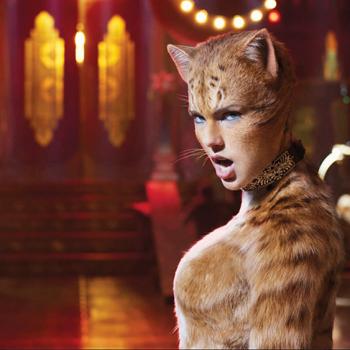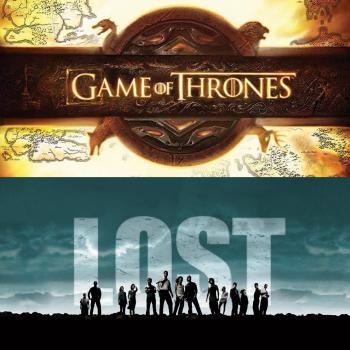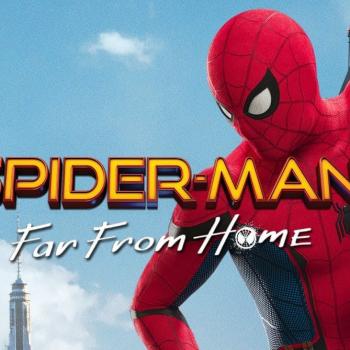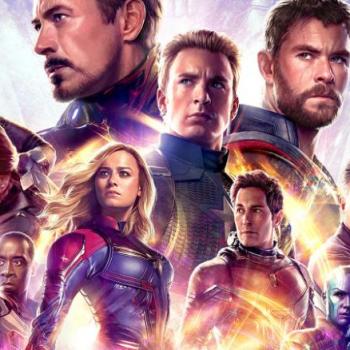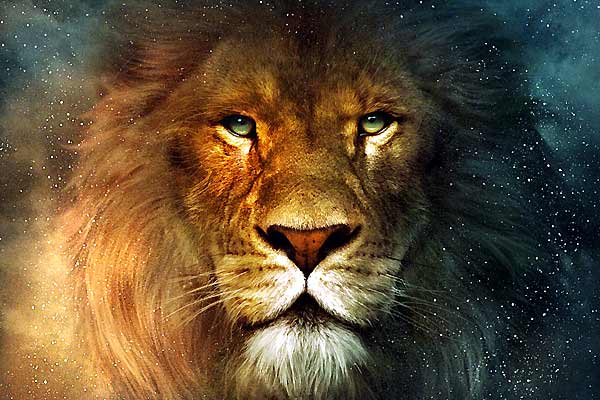
News broke this morning that Netflix has acquired the rights to The Chronicles of Narnia to develop a series based not just on the seven books, but on the greater worldbuilding possibilities of C. S. Lewis’ beloved children’s stories. The idea, so far as it’s being pitched, is to create something akin to the Marvel Cinematic Universe (MCU) or the Star Wars Stories- spanning not only the streaming site but possibly the cinema as well.
Given Narnia’s rocky history on-screen (the latest movie series never made it past The Voyage of the Dawn Treader), as well as the failure of other expansionist fantasies (see the bloated mess of The Hobbit), some are naturally worried that the expansion of Lewis’ worldbuilding will also flop. However, given Netflix’s track record with A Series of Unfortunate Events, as well as the relative success of Narnia on the small screen with in the 1980’s adaptation, the streaming service might be precisely where Narnia belongs.
Let’s look at where Narnia might thrive or fail, in the upcoming adaptation.
Serialized Sci-Fi
As mentioned in a previous article, speculative fiction (science fiction, fantasy, etc.) tends to do fairly well in the long-form, serialized screen treatment. This allows precisely the room one wants for novel-like explorations of fantastic worlds: something that some of Lewis’ later stories might benefit from. I’d love to see more of each island in The Voyage of the Dawn Treader. And I’ve always wanted to explore the southern nations in The Horse and His Boy. Or even better, to see the other worlds in The Magician’s Nephew.
Hence, for the Lewis’ later novels which actually do expand his worldbuilding, the longer, serialized format is going to work beautifully.
However, Lewis’ first several books – the ones that keep being made into films – tend to be more plot-centric than milieu-centric. I worry that the umpteenth-million version of The Lion, The Witch and the Wardrobe will be labored in a multi-episode treatment, since the plot moves along quite briskly. Recent adaptations have tried to bolster Lewis’ narrative by changing characters: Peter being a reluctant king, for example. Although the desire may be great to show what the White Witch is up to while our heroes journey to meet Aslan, I’d hope that those adapting will give a clean read to the better known books, and open up the corners of the world in the lesser known volumes.
Christian Allegory
Douglas Gresham, Lewis’ adopted son and heir to his intellectual property, hasn’t yet proved himself as the man who fully understands the philosophical and theological underpinnings of his step-father’s work. The recent movies, which were made under his supervision, buried the Christian allegory so deep, amping up “worldbuilding” instead, that the movies felt…off somehow.
That said, there is absolutely an inherent danger in letting any of Narnia become so deeply allegorical in regards to religion that the shows become unwatchable. There’s no need to “Sunday school” the books, just as there’s no need to bury the Sunday nature of the stories as well.
Once again: Netflix would do wisest to either give a very clean interpretation – something they might not do if they’re more excited about worldbuilding and general audiences than anything – or, if they’re going to expand the world and reach a general audience, they would actually do best to double down into what Lewis is actually trying to say. What Truths he’s illuminating.
This will be on of the trickiest tightropes to walk, and the one that I have my gravest doubts Netflix’s scribes will achieve.
Not Enough World to Build
Lastly, there’s the question of whether Lewis’ world ought to be built up. What he sketched out, in the grand scheme of all fantasy, is fairly thin. He paints with watercolors more than oils. He doodles more than he sculpts. This was, of course, a major source of contention between Tolkien and Lewis. Lewis is rather carefree with his world – he is writing allegory, after all – whereas Tolkien was considerably more deliberate about the verisimilitude of Middle Earth.
Similarly, and I know we don’t want to think about it, but, Lewis has a bit of English jingo-ism built into some of his other nations, like Calormen, which is less drawn from Islamic culture as it’s a scathing, British-y, sniffing and looking down upon India and the mid-east sort of view. Considering how important the god Tash is in later books, adapting the only other fleshed out civilization in Narnia will require a sensitive touch.
The press release seems to indicate that Netflix is considering writing entirely new stories set in Narnia – which makes us wonder whether their understanding of stories that might exist in Narnia will be more Rogue One or Solo. Regardless, it will be fan fiction which can go terribly right or way, way, waaaaaaay off-base.
In the end: everything depends on the degree to which the adapters look at Narnia. Do they just see a cash cow? The series will flop. Do they understand allegory? The series might succeed. Do they just want a bloated fantasy? The series will stall. Do they want to honor the original plots cleanly or with true depth? They might just have a mega-hit.
Here’s to you, Aslan. Looking forward to seeing you back on the small screen.
 Photo courtesy of the C. S. Lewis Company.
Photo courtesy of the C. S. Lewis Company.
Want more of the Pop Feminist? Become my patron on Patreon for as little as $1/month!







